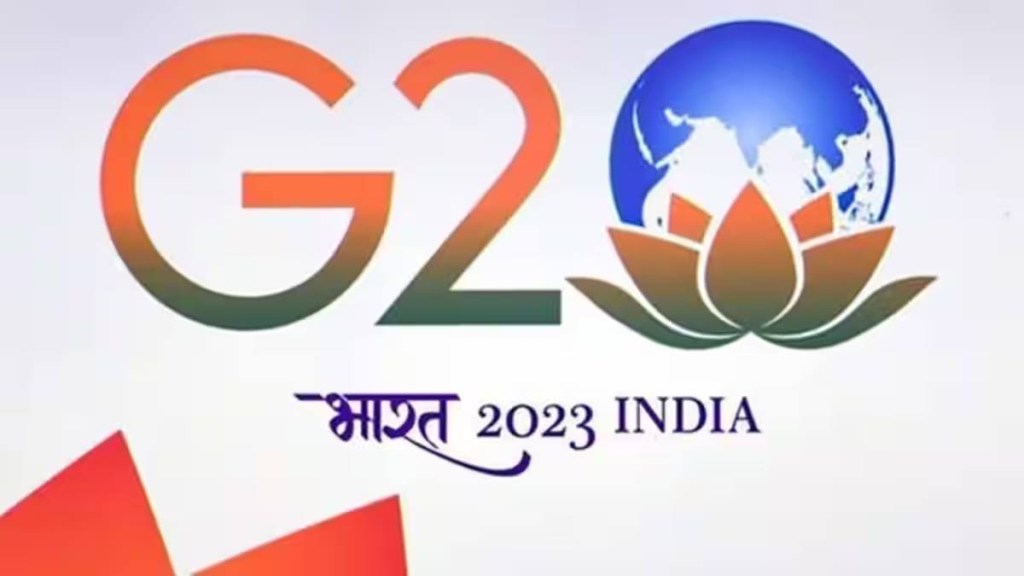The two-day summit of G20 finance ministers and central bank governors (FMCBG) that concluded on Tuesday revealed many incongruities within the global group, even as it held the promise to move ahead. Though this was the second meeting during India’s presidency of the 23-year-old forum, no clear consensus could be reached on key agenda items, namely, the reforms for multilateral development banks (MDBs), guiding norms for regulation of cryptocurrencies, and addressing the debt problems of low- and middle-income countries. On the debt issue, all that the summit could do was to draw “an encouraging response” from China. An independent review of MDBs’ capital adequacy frameworks, which the summit endorsed, if implemented, could help unlock an extra lending headroom of $200 billion over the next decade, a far cry from what the developing economies aspire for.
There was also a reiteration of the two-pillar solution to the vexed issue of taxation of MNCs. The divide between the West and Russia-China over the former’s insistence on condemning Kremlin and the war in Ukraine was the obvious sticking point in both the FMCBG summits in India. However, at a deeper level, a waning confidence in the efficacy and adequacy of coordinated global efforts to resolve the economic issues made it impossible for host India to draft a joint communique, for the consideration of the 18th G20 leaders’ summit to be held in New Delhi on September 9-10. True, given the protracted, if not intractable, nature of the global growth crisis, no major national economy would yet dissociate itself from G20—which gained in heft after the 2007-08 financial crisis. This is because the struggle is increasingly for a share in the world’s resources, the expansion the capacity of which appears to have dwindled, for an undefinable period.
The odd dichotomy that saddles the global economic policymakers is that, while there is the exigency of having to cooperate and coordinate, and help one another to stay afloat, each country needs to guard itself against the harms a turbulent external sector might inflict on it. That explains why the US treasury secretary Janet Yellen would remain ambivalent towards China’s call for lifting the tariff and export controls on it, while lamenting at once that the recent economic slowdown in the world’s second-largest economy will spill over to the global economy, including the US. In short, the shared interests among G20 members are largely confined to protecting the global financial stability, ensuring a safety net, and frustrating large-scale tax evasion and financial crimes.
Though all G20 goals are to be pursued by India with vigour for its presidency to be successful, MDB reforms are one that would best serve the country. New Delhi is keen that the lending firepower of major MDBs is bolstered. Low-cost funding by these institutions has a strong and catalytic bearing on the volume of private capital being made available to build infrastructure. However, at Gandhinagar, Yellen expressed wariness about shoring up the capital base of MDBs, and indicated this may have to wait. The largest MDBs like the World Bank and ADB are seen to be anchored by Washington. Of course, alternative MDBs like the China-driven Asian Infrastructure Investment Bank and the BRICS’ New Development Bank would stand the emerging market economies in good stead in the years to come, but as of now, their spending capacities are no match for World Bank-group MDBs or the European Investment Bank.

